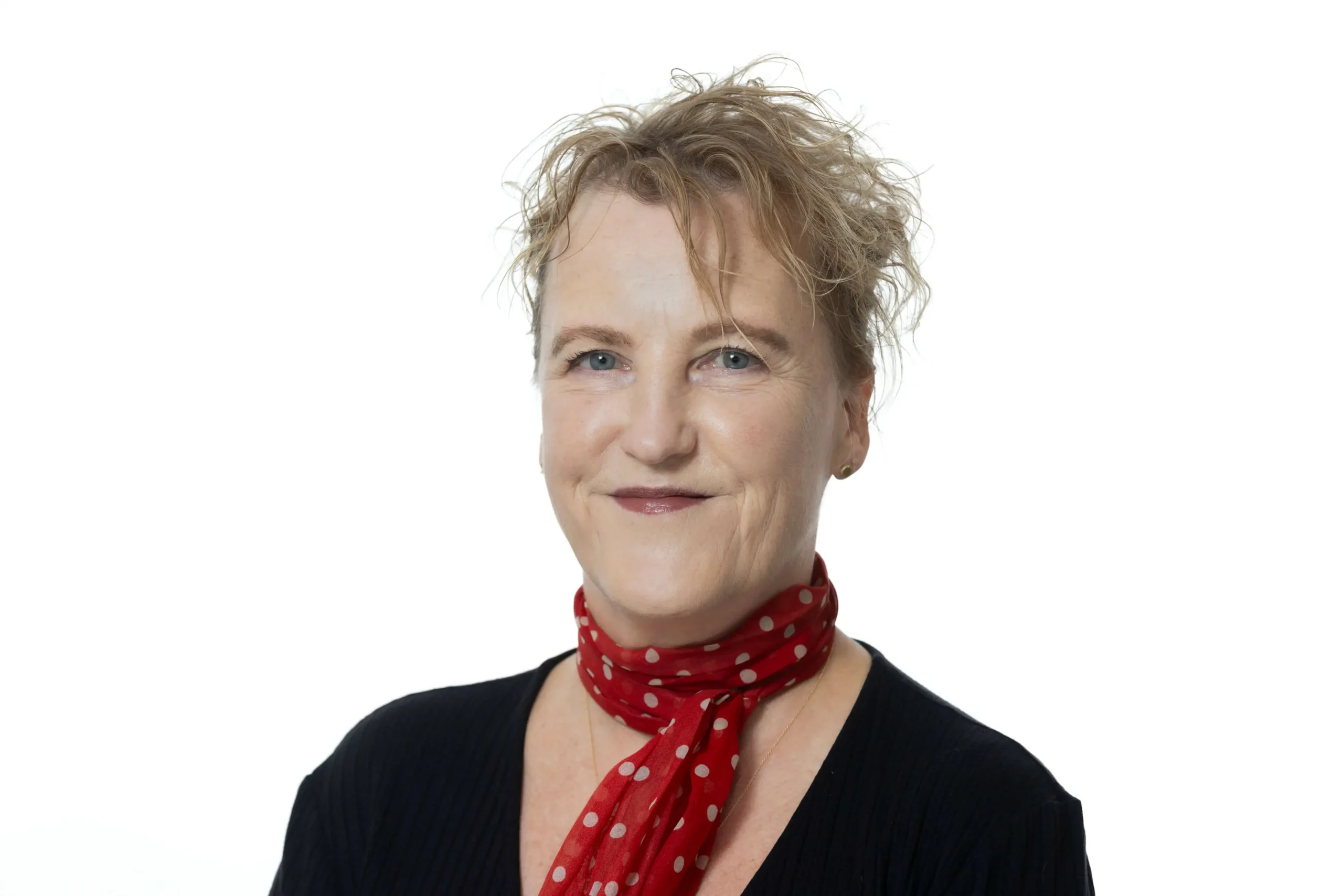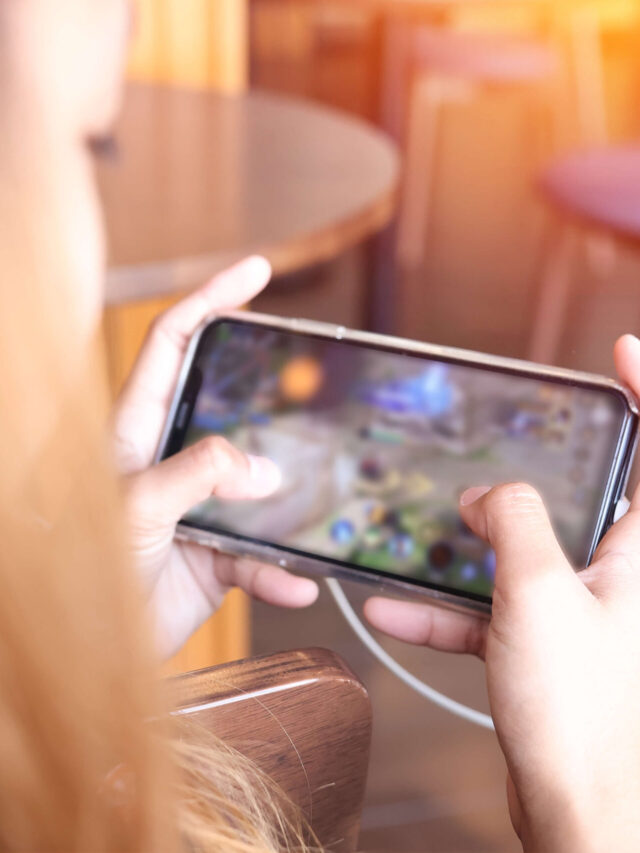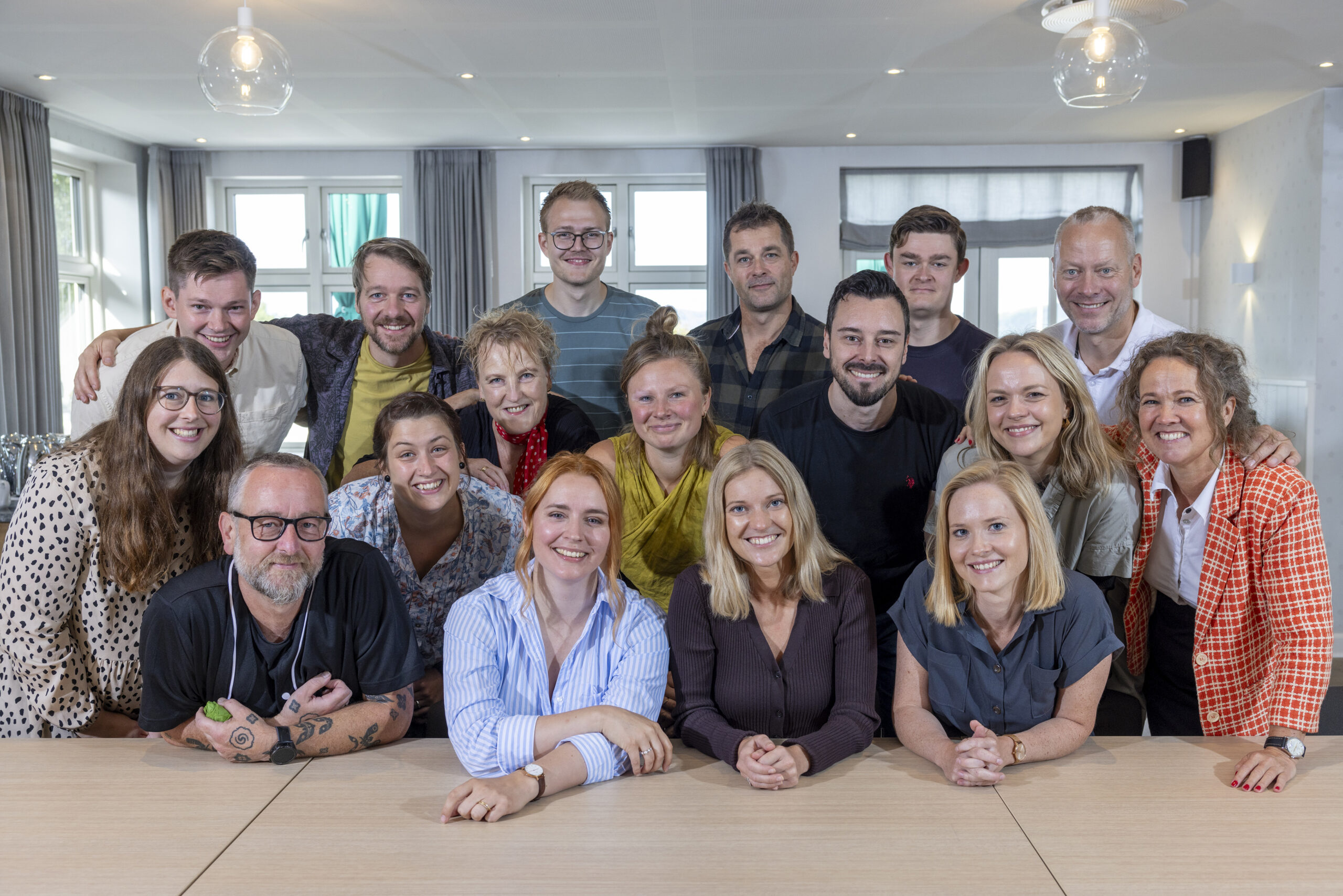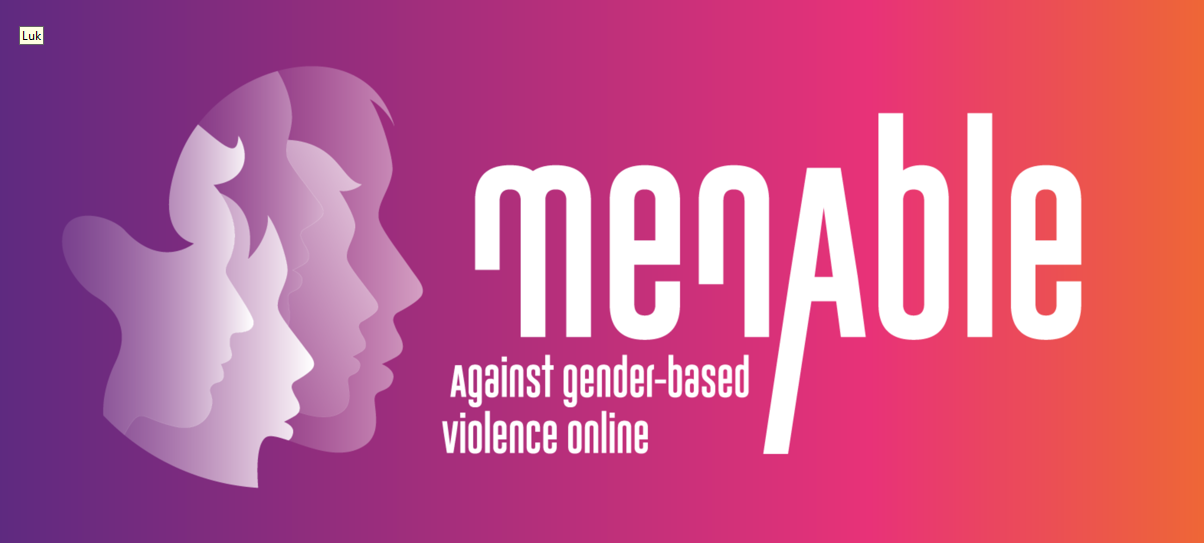Digital Education becomes focus towards 2020
Collaboration with organisations
The Danish Minister for Children, Education and Gender Equality, Ellen Trane Nørby, states in a press release that 6 million DKK is devoted to an initiative to be determined in collaboration with information organisations in Denmark. Naturally, we warmly embrace this. Along with a number of other actors in the area, Centre for Digital Youth Care can draw on solid experiences as to which thematics are relevant for specific years. We would love to share these experiences.
“With the joint digitisation strategy, more than 6 million DKK is earmarked for a focused initiative aiming to strengthen the digital education of children and young people in day care facilities, elementary schools, and youth educations. The initiative will include the work of external organisations. Also, among others, information campaigns will be arranged, and teaching materials for schools will be produced.”
We must remember the youngest
Centre for Digital Youth Care would like to see preventative initiatives. It would be obvious to use the cases of these past 6 months, concerning nude pictures among especially students in youth educations, to conclude that initiatives must target the eldest youths. However, critical, self-reflective knowledge does not just happen. It must be employed as an ongoing effort through childhood and youth. This, partly, is also supported by the initiative:
“Children’s digital learning and education begin in the day care centres and continue with them through the educational system. [..] Children and young people from the digital generation must be equipped with digital education and skills necessary in order to be able to navigate a digital world ..”
p. 55
From our experience, inquires regarding initiatives with the youngest students occupy people’s issues of concern more now than ever. Parents and schools increasingly contact us and inquire that the youngest students should receive education, and insight into what it means to be together digitally. You cannot discuss issues of nude pictures in the 2nd year, but you can begin to establish an initial ethics on privacy, images, and videos that may serve as a foundation for future thematics.
Throughout school life
“Children and young people must develop digital skills and education, so that they, from an early age, become equipped to navigate our digital reality. [..] Teaching programs and material for senior students in elementary schools and youth educations should help provide students practical, digital skills, equipping them to interact digitally in society.”
p. 57
It may be difficult to interpret the very general formulations of this strategy; but our understanding is that the aim is to strengthen the general digital education throughout school life as well as strengthening students’ “digital skills” within the lower secondary education. This makes sense. However, when you mix common education and skills, we do have to remember that teachers and professionals must feel well equipped to handle both aspects. Centre for Digital Youth Care meet a great number of teachers who find it difficult to teach digital education, because this requires that someone is greatly knowledgeable about existing digital communities and digital youth culture.
Also, we experience a huge need to activate the parents. Today, children’s digital lives cross all borders. Conflicts on digital media is a parent-problem as well as a school-problem. Strategies on how to maintain parents’ interest in the digital lives of their children should be part of an overall initiative regarding digital education.
Think broadly
Over these past 10 years, we have taught digital education to students in elementary schools. In a lot of ways, the themes we meet are identical to the ones addressed 10 years ago. Children do “logon” earlier than before, and the technology pushes today’s challenges in a more visual direction. Still, our task of creating a sense of community and reflection on life on- and with- social and digital media, is constant in many ways.
At Centre for Digital Youth Care, we hope that the strategy for working with digital education will embrace broadly. We have already participated in a number of meetings in the Ministry for Children, Education and Gender Equality – and we would be pleased to further contribute information and suggestions concerning the digital, educational journey of children, young people, and their adults.]]>




Hvis du vil sætte et par ord på din feedback, vil det hjælpe os rigtig meget til at forbedre vores indhold.